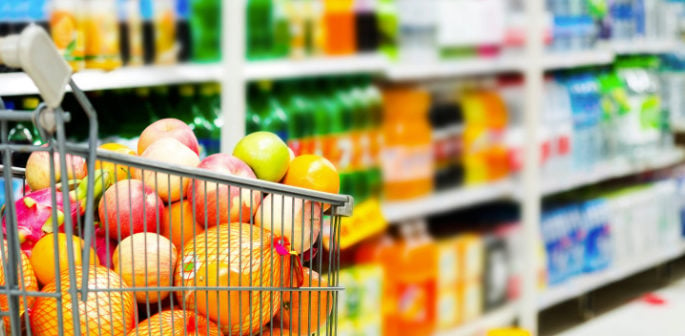"Every time I go to the shops, I wince"
UK grocery inflation increased in August 2024 for the first time in 17 months.
Market researcher Kantar said annual grocery price inflation was 1.8% in the four weeks to August 4, 2024, compared to 1.6% in the previous four-week period.
Fraser McKevitt, head of retail and consumer insight at Kantar, stated:
“Having reached its lowest rate in almost three years in July, August saw inflation nudge up again slightly.
“While this is noticeable following 17 straight months of falling rates, it actually marks a return to the average levels seen in the five years before the start of the cost of living crisis.”
Catherine Mann, a Bank of England rate setter, maintained that the UK should not be “seduced” into thinking inflation will stay low over the coming year.
The British Retail Consortium warned in July 2024 that renewed inflationary pressures could be on the way.
Supermarket shelves show a mixed picture. Prices rose across 182 product categories, yet the cost of 89 other products fell.
Kitchen towels and baked beans are now seven per cent and five per cent cheaper respectively than they were in 2023.
Spending on deals rose by 15%, while sales of products at their usual price saw no increase.
Shamima, a resident of Birmingham, said:
“The cost of shopping just for food is ridiculous. Every time I go to the shops, I wince and do all I can to budget.
“I’ve replaced a lot of named brands due to budgeting and boycotting for Palestine, against the genocide. But things are still tight.
“Both my husband and I work, and we are just about making it.
“Seriously contemplating how we can move abroad. It’s not just the cost of food; it’s everything here.”
Families and individuals across the UK continue to struggle with the cost of living; budgets remain tight.
The ongoing struggle is reflected in the fact that when the Conservatives came into power in 2010, 35 Trussell Trust foodbanks were in the UK.
According to the Commons Library, the total number of foodbanks grew to 2,600 by 2022. This does not include soup kitchens or social supermarkets.
In the fiscal year 2022-2023, the Trussell Trust foodbanks alone handed out nearly three million food parcels. An increase of 4,900%.
Thus, while some experts may say grocery inflation is to be expected, it means families and individuals continue to struggle.
Mohammed from London told DESIblitz:
“The need for so much food aid should not be a reality in the UK in 2024; it’s disgraceful. People across the country are struggling.
“Charities, community centres, mosques, churches and others have stepped up to help, but they shouldn’t have to.”
Sixty-three per cent of children and working-age adults in poverty in 2022/2023 lived in families where at least one adult was working part-time or more, up from 56% in 2012/2013.
There is a need for significant structural change and the creation of an infrastructure that enables all to thrive.
Food poverty and the need for frontline urgent food aid in the UK should decrease, not increase, and should not remain high.






























































